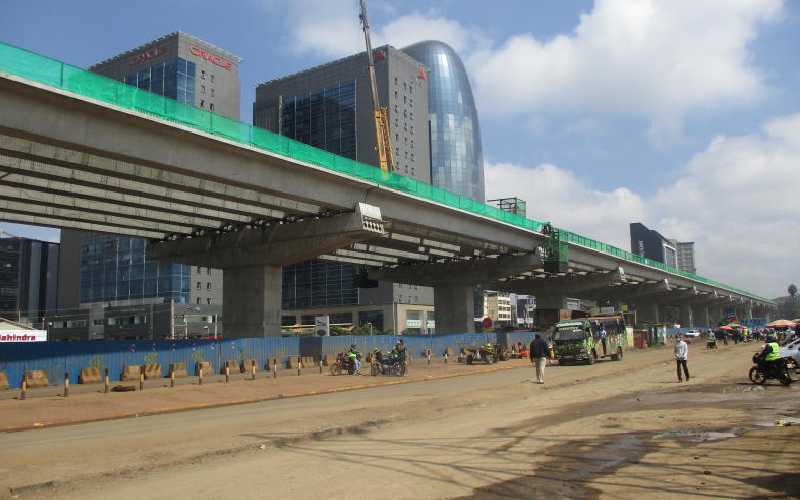×
The Standard e-Paper
Stay Informed, Even Offline

Ongoing construction works on the JKIA-Westlands Expressway.[Wilberforce Okwiri,Standard]
Local construction firms continue to feel sidelined as major infrastructure projects are taken by foreign companies.